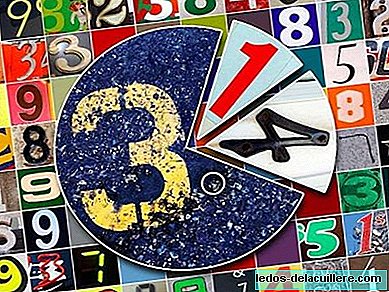
Dyscalculia is a disorder suffered by people who are unable to understand mathematics more elementary They are between 3% and 6% of the world's population, and are produced by abnormalities in brain connections that are responsible for this type of learning.
Dyscalculia is the mathematical equivalent of dyslexia, a neuronal disorder in reading and writing that hinders the ability to learn to read and write in varying degrees. The term dyscalculia It refers to the difficulty in understanding and performing mathematical calculations.
It is a relatively little known disability. Who suffers from dyscalculia usually has a normal or higher intellectual quotient, but manifests problems with mathematics, signs and directions ...
Like dyslexia, dyscalculia can be caused by a deficit of visual perception or problems in terms of orientation, the perception of the body scheme, the figure and length, distance and size ...
There is no single form of math learning disorder and the difficulties that arise vary from person to person and affect differently at every moment of their life cycle.
A study published in the journal 'Science' conducted by scientists from the Institute of Cognitive Neuroscience at the University of London shows that progress is being made in their understanding and in their "treatment."
The authors propose a program to improve the education of students suffering from this disorder, using programs similar to games focused on making numbers understandable. They have developed software aimed at mastering the basics of numbers first before moving on to symbols.
The symptoms of dyscalculia
- Frequent difficulties with numbers, confusion of signs: +, -, / and ×, reversal or transposition of numbers, etc.
- Difficulties with itinerary tables, mental calculation, signs and addresses, etc.
- Good ability in subjects such as science and geometry until a higher level is required that requires the use of mathematics.
- Difficulty with the abstract concepts of time and direction.
- Inability to perform financial planning or budgets.
- Inability to understand and remember concepts, rules, formulas, mathematical sequences (order of operations).
- Difficulty in scoring during games.
This alteration is inherited in most cases and, in fact, research in twins and special populations has confirmed a genetic factor that influences the development of dyscalculia or inability to understand mathematics, although the genes involved are currently unknown.












